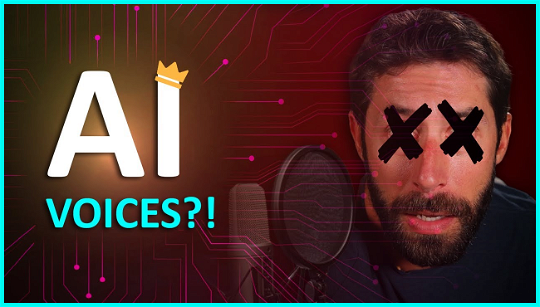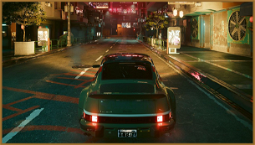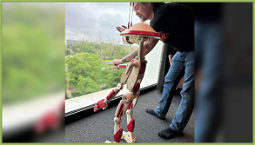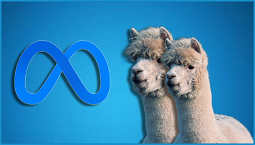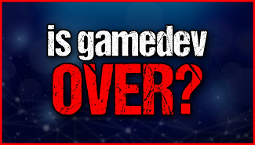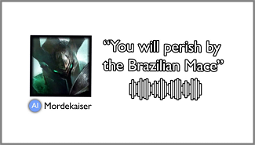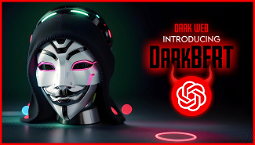Yuri Lowenthal, Roger Clark, and other gaming actors speak out against AI-generated voices and images
The growth of AI in the entertainment industry has prompted concerns about the potential replacement of human workers. Writers and artists have defended their professions, arguing that their work cannot be replicated by algorithms. But what about actors? Gaming voice actors in particular have spoken out against the use of AI to replicate their voices, arguing that a person's voice is part of their identity that shouldn't be used without their permission.
The conversation becomes more complicated when it comes to voice acting. While writers and artists can point to the tangible, physical nature of their work as an argument against AI replicating it, voice acting is mostly intangible. And while audiences may claim to be against AI-generated voices in theory, many fans are actually using AI to replicate their favorite actors' voices.
Persona 5 actor Erica Lindbeck recently left Twitter after asking fans to stop AI-generating her voice in videos. Fans defended their videos, claiming fair use since they weren't making money from them. However, other actors, including Yuri Lowenthal and Roger Clark, have also found AI generators of their voices online.
Lowenthal emphasizes the importance of consent and the appropriation of someone's identity without permission.
"That's the thing," he says. "If you want to use my voice, you need to ask me."
He also expresses concern that this trend could lead to game studios stealing their voices as well.
"Voice actors are now starting to be concerned that, if game developers think that they can take our voices and use them for free, then they might think that they can take our voices from games as well."
Unions, such as SAG-AFTRA, are actively working to regulate this issue and protect the rights of voice actors. But actors say that studios are already collecting motion and performance capture data without the actors' knowledge.
Clark believes that purposefully misrepresenting another person's work without permission is unethical and potentially harmful.
"It's one thing if you're a fan and you're doing that because you love the actor and you want to see what they would sound like in a hypothetical game," he says. "But if it's a business, and you're purposely misrepresenting another person's work without their permission, I think that's unethical, and I think that it could potentially harm somebody."
Other actors, such as Cissy Jones, who has appeared in The Owl House and Firewatch, share their panic upon discovering fans using their voice on TikTok. Jones emphasizes the potential harm, both personal and financial, that comes from having one's voice used without consent.
"It's not like I'm asking for anything out of the ordinary," she says.
